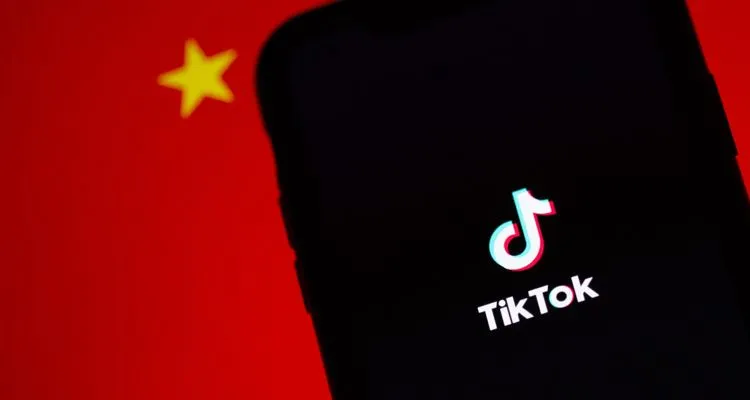Photo Credit: Solen Feyissa
FCC Commissioner Brendan Carr has doubled down on his calls to ban TikTok, describing the short-form video-sharing app as “a serious national security threat” and warning that “we have to take action.”
The FCC commissioner just recently reiterated his far-reaching concerns about TikTok in an interview with Billboard, having previously entreated Apple CEO Tim Cook and Google CEO Sundar Pichai to remove the platform from their companies’ respective app stores.
Owned by Beijing-headquartered ByteDance, TikTok has long been the subject of user-privacy pushback, bipartisan lawmaker scrutiny, government investigations (domestic and international), and lawsuits. Additionally, reports have indicated that China-based executives possess access to stateside TikTok users’ data, and critics have further claimed that the Chinese Communist Party itself utilizes the platform to view sensitive personal information and shape global media trends.
But these points – as well as TikTok’s outright ban in India and multiple branches of the U.S. military – haven’t stopped the ultra-popular app from surpassing a reported one billion MAUs and reportedly receiving more traffic than Google.
Now, with Google and Apple having failed to block the highly controversial video-sharing service, Commissioner Carr is once again speaking out against TikTok.
“TikTok has disclosed that it’s getting biometrics, face prints, voice prints, location date, search and browsing history, keystroke patterns,” the FCC commissioner said in the mentioned interview. “It’s all that sensitive information that I’m very concerned about being accessed in China. There are serious national security concerns there.”
Additionally, Carr emphasized in the discussion that the need for government action will become even more pressing if Google and Apple continue to opt against booting TikTok from the Play Store and App Store, respectively.
“If they choose not to apply their app store policies to TikTok,” he stated, “then it becomes even more important for the government to take action. … The ball will be squarely in the federal government’s court to take swift and appropriate action to promote our national security.”
And in response to the proposed TikTok ban’s potential impact on influencers and the music industry, which is capitalizing upon the app as a promotional tool, Carr underscored the comparative significance of the national security threat posed by the social media offering.
“But once we reach the decision that this is a serious national security threat, we have to take action [notwithstanding] the short-term economic consequences that could result,” communicated Carr.
Amid this latest push to block TikTok in the U.S., the app’s ByteDance parent has quietly taken preliminary steps to roll out a domestic streaming service. TikTok remains banned in India, as previously disclosed, but the nation’s nearly 1.4 billion residents can still listen to music through ByteDance’s Resso.

